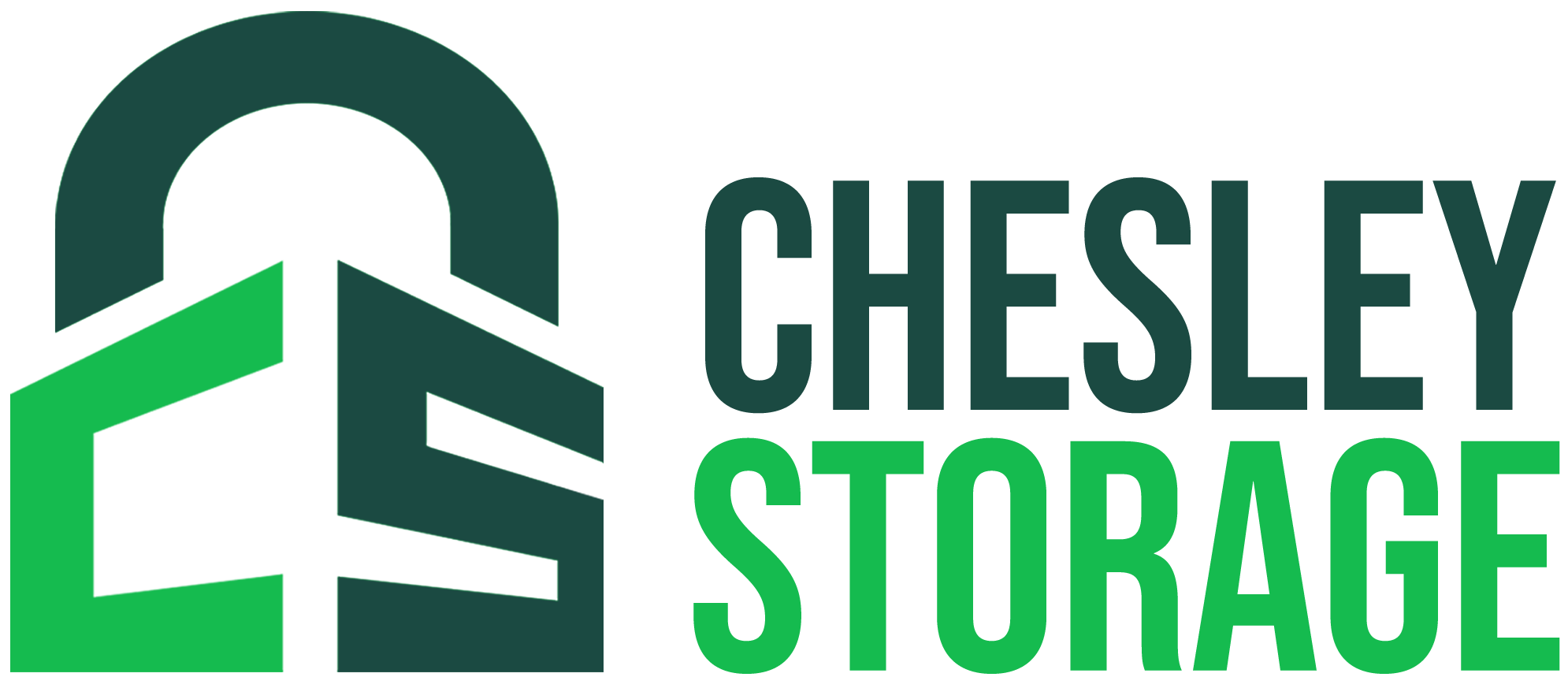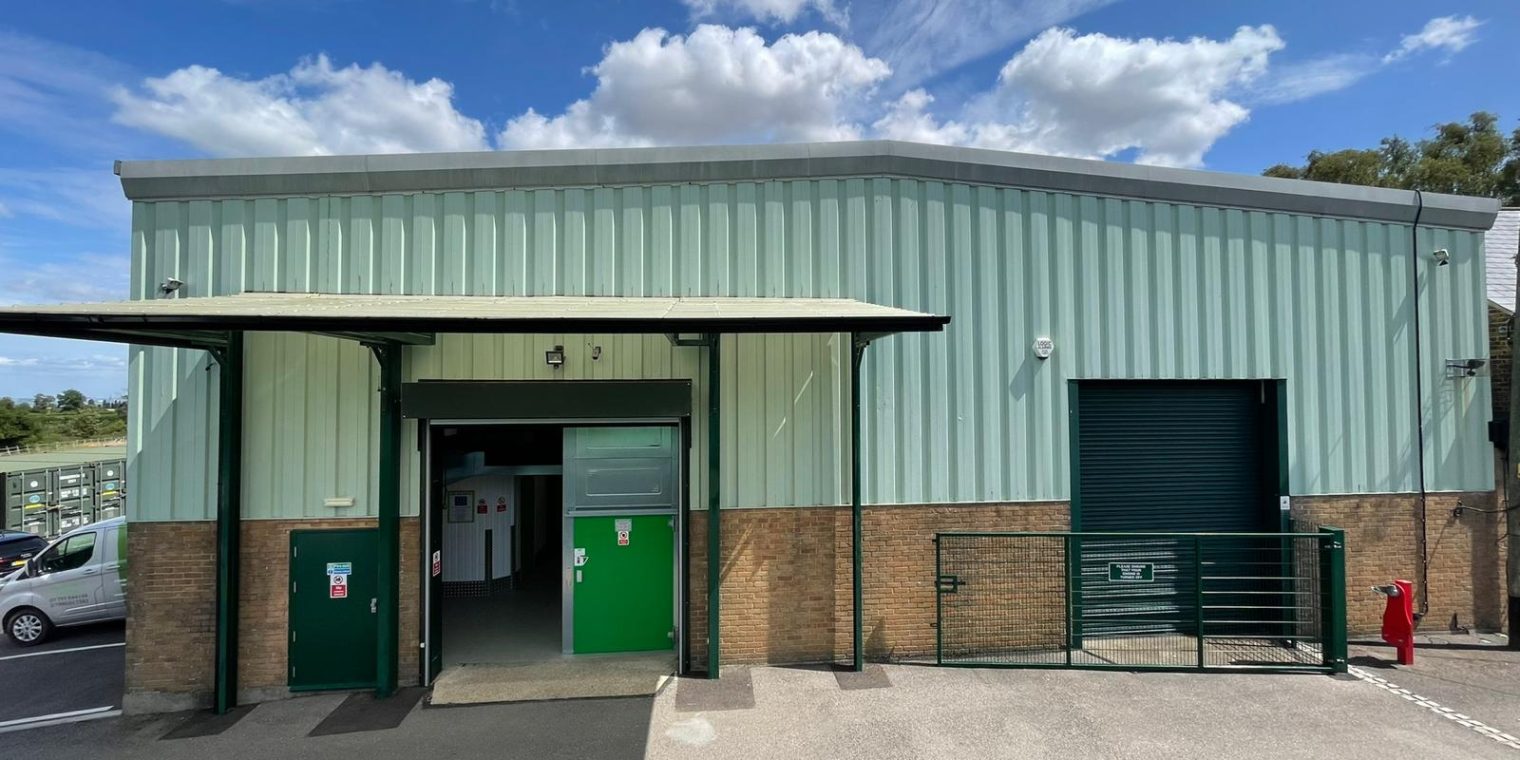When you’re considering self-storage for your belongings, one of the questions that often arises is whether you should invest in insurance for your storage unit. It’s a decision that depends on various factors, and in this blog post, we’ll explore the reasons behind insuring your self-storage unit and whether it’s a necessary expense.
Understanding Self-Storage Insurance
Before diving into the need for self-storage insurance, let’s clarify what it is. Self-storage insurance is a specific type of insurance that covers the contents of your storage unit in the event of damage, theft, or loss. While many self-storage facilities offer insurance options, it’s essential to understand when and why you might consider it.
1. What Does Your Existing Insurance Cover?
The first step in determining whether you need self-storage insurance is to review your existing insurance policies. Often, homeowners or renters insurance policies provide coverage for items stored away from your primary residence, including those in a self-storage unit. Contact your insurance provider to understand the extent of coverage and any limitations.
2. The Value of Your Stored Items
Consider the value of the items you plan to store. Are you storing everyday household items, or do you have valuable collectibles, electronics, or antiques? The more valuable the contents, the stronger the case for insurance becomes. High-value items may require additional coverage beyond what your existing insurance provides.
3. Facility’s Security Measures
Evaluate the security measures in place at your chosen self-storage facility. While most facilities take security seriously, it’s essential to assess their track record, including incidents of theft or damage. A facility with a strong security system may reduce the need for additional insurance.
4. Peace of Mind
Insurance provides peace of mind. Knowing that your items are protected can alleviate worries about unexpected events. This can be especially important if the items in your storage unit have sentimental value or are irreplaceable.
5. Facility Insurance vs. Third-Party Insurance
Some self-storage facilities offer their insurance plans, while others allow you to choose third-party insurance. Compare the costs, coverage, and terms of both options to determine which one suits your needs better. Third-party insurance might provide more comprehensive coverage at a competitive rate.
6. Long-Term vs. Short-Term Storage
Consider the duration of your storage needs. For short-term storage, your existing insurance might suffice. However, for longer-term storage, the risk of unexpected events increases, making insurance a more sensible investment.
Conclusion: Is Self-Storage Insurance Necessary?
The decision to insure your self-storage unit depends on your unique circumstances. In some cases, your existing insurance coverage might be sufficient, especially for lower-value items and short-term storage. However, for high-value items, long-term storage, or if you simply want added peace of mind, self-storage insurance can be a valuable safeguard.
Before making a decision, assess the value of your stored items, review your existing insurance policies, and carefully evaluate the security measures at the storage facility. Ultimately, whether you choose facility-provided insurance or a third-party option, insuring your self-storage unit can offer financial protection and peace of mind that your belongings are in safe hands, regardless of what life may throw your way.

